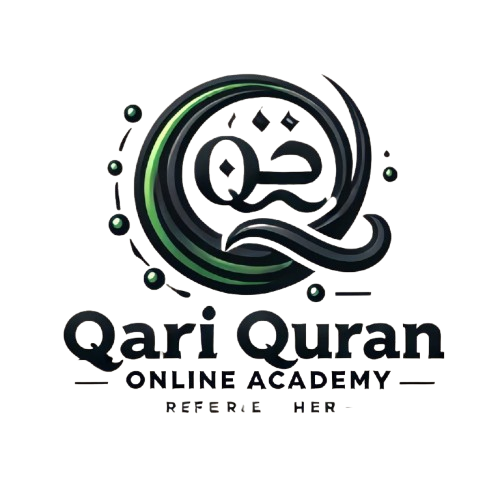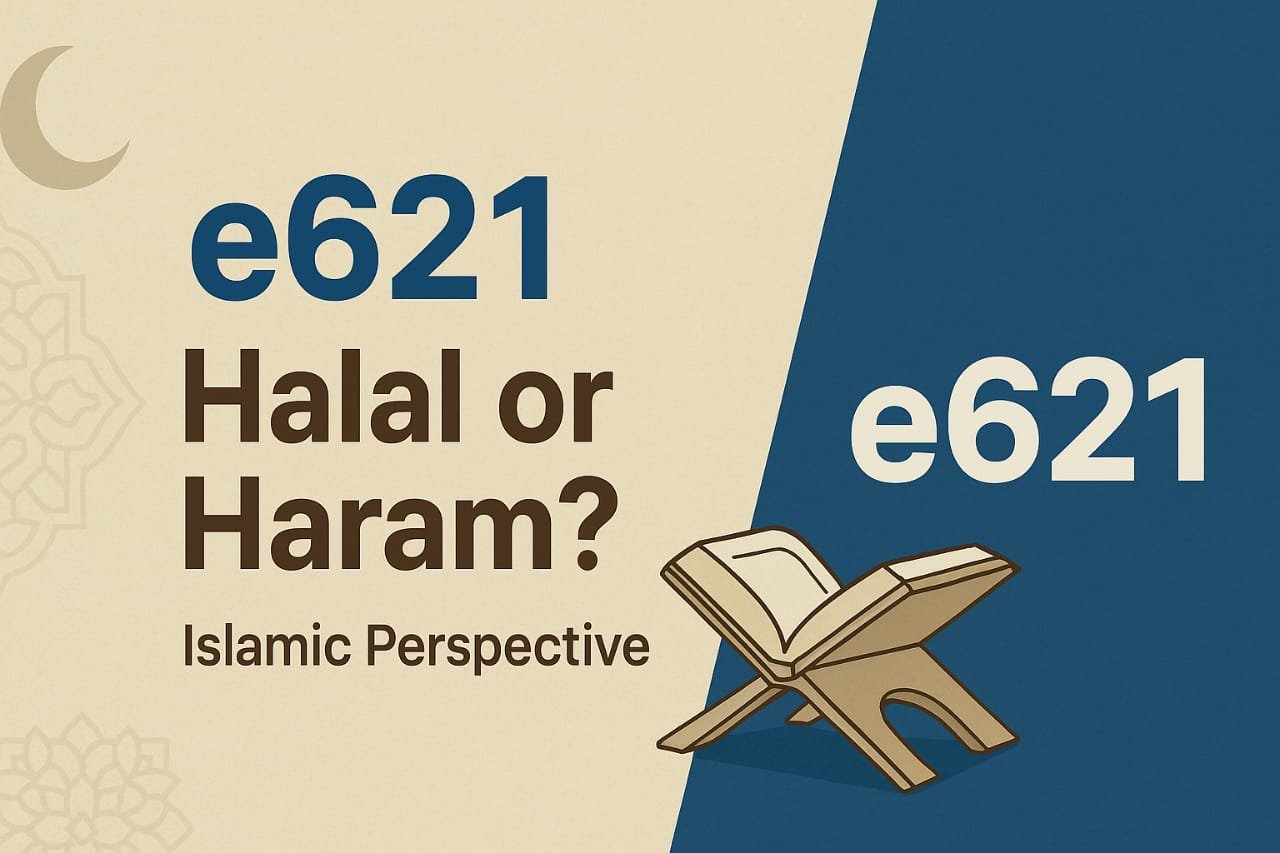E621 commonly known as Monosodium Glutamate (MSG) is one of the most widely used flavor enhancers in the world
You’ll find it in chips instant noodles soups sauces frozen foods and fast food items.
Muslims often ask, “E621 halal or haram?” before consuming products that contain MSG.
This article explains what E621 is where it comes from its Islamic ruling and how Muslims can identify whether it’s halal or not.
Understanding Halal and Haram in Islam
In Islam Halal means permissible or lawful according to Shariah while Haram means prohibited or unlawful.
Basic Principles of Halal Food
-
Anything pure and clean is halal.
-
Anything derived from impure or forbidden animals is haram.
-
If the source is doubtful then Muslims should avoid it out of precaution
Therefore the E621 halal or haram status depends on its source whether it s plant-based or animal-based.
What is E621 (Monosodium Glutamate)
E621 is a food additive used to enhance flavor.
Its a sodium salt of glutamic acid which is a naturally occurring amino acid.
Common Foods Containing MSG
-
Potato chips
-
Instant noodles
-
Canned soups and sauces
-
Frozen or processed foods
MSG also occurs naturally in foods like tomatoes cheese meat and mushrooms.
In the food industry its labeled as E621 under the E-number system
Understanding E621 halal or haram status helps Muslims make informed food choices
How is E621 Made Plant-Based vs Animal Based Sources
E621 can be produced from different sources:
1️⃣ Plant-Based Source
Most modern MSG is produced through plant-based fermentation using ingredients like sugarcane, corn, or starch.
This form is considered halal.
2️⃣ Animal-Based Source:
Sometimes MSG may be made using animal enzymes or gelatin.
If the animal is not slaughtered according to Islamic law the MSG becomes haram.
3️⃣ Industrial Fermentation:
Today almost all major food companies produce MSG through microbial fermentation which is plant derived and halal certified.
Understanding Halal and Haram in Islam
In Islam Halal means permissible or lawful according to Shariah while Haram means prohibited or unlawful.
Basic Principles of Halal Food
-
Anything pure and clean is halal
-
Anything derived from impure or forbidden animals is haram.
-
If the source is doubtful, Muslims should avoid it out of precaution.
Therefore the E621 halal or haram status depends on its source whether it’s plant-based or animal-based. Learn more about halal rules in our https://qariquran.com/halal-and-haram-in-islam Halal and Haram
Islamic Perspective Is E621 Halal or Haram
From an Islamic viewpoint the halal or haram status of MSG depends entirely on its origin.
If MSG comes from plant-based fermentation it is halal.
If it comes from animal-based or doubtful sources, it may be haram or questionable.
According to scholars, E621 halal or haram status depends entirely on its origin
The Concept of Istihalah (Transformation)
In Islamic jurisprudence Istihalah means chemical transformation.
If an impure substance changes completely into a new pure substance it may be considered halal.
Therefore if MSG has gone through complete transformation some scholars may consider it halal even if its original source was doubtful
E621 in Popular Food Brands (Like Lays and Noodles)
MSG (E621) is commonly found in many popular snack brands:
-
Lays Chips – contain E621 (MSG) and sometimes E631
-
Instant Noodles – use MSG to boost flavor.
-
Soups & Sauces often include E621 for umami taste
Difference Between E621 and E631
-
E621 (MSG) Usually plant-based and halal
-
E631 Sometimes derived from animal sources, hence may be doubtful
Halal Certified Monosodium Glutamate (E621)
Several international halal authorities confirm that plant-based MSG is halal.
Most halal certification bodies confirm that E621 halal or haram judgment depends on whether it’s plant-based or animal-derived.
Trusted Halal Certification Bodies:
-
JAKIM (Malaysia)
-
MUI (Indonesia)
-
IFANCA (USA)
-
Halal Food Authority (UK)
These organizations verify that industrially produced MSG is typically halal-certified and non-animal derived.
Is E621 Halal in the UK
In the UK most MSG is made via plant-based fermentation.
Authorities like the Halal Food Authority (HFA) and Halal Monitoring Committee (HMC) classify such MSG as halal.
Therefore, MSG used in UK food products is generally halal.
This further clarifies the E621 halal or haram debate among UK consumers.
Is E621 Halal or Haram in Saudi Arabia (KSA)
According to the Saudi Food and Drug Authority (SFDA) MSG is halal if it’s produced through vegetable or microbial fermentation.
Most MSG used in Saudi Arabia fits this category, making it halal for consumption.
Thus in KSA the E621 halal or haram concern is almost always resolved in favor of halal.
How to Identify Halal E621 on Food Labels
Muslim consumers should always check labels carefully.
Look for Halal logo or certification
Check if MSG is plant-based or fermentation-based
Avoid products with doubtful additives (E631 E635)
Choose only trusted halal-certified brands
Possible Side Effects of MSG (E621)
Although MSG is safe for most people, some may experience mild sensitivity.
Common Side Effects:
-
Headache
-
Thirst or dizziness
-
Facial flushing or sweating
-
Sleep disturbance
According to WHO and FDA, MSG is safe in normal amounts, but overconsumption should be avoided.
Safe Consumption Tips for Muslim Shoppers
-
Always read the ingredient list.
-
Prefer halal-certified products.
-
Avoid unverified or doubtful additives.
-
Consult Islamic scholars or halal authorities if unsure.
Should Muslims Avoid MSG (E621)
Islam does not prohibit MSG itself.
If it’s made from plant-based or fermentation sources, it’s permissible (halal).
However, Muslims should avoid uncertified or unclear sources to remain cautious.
The E621 halal or haram question should always be answered by verifying the product’s certification and source.
Final Verdict Is E621 Halal or Haram
In summary:
-
Plant-based or fermentation MSG → ✅ Halal
-
Animal-based or doubtful MSG → ❌ Haram or uncertain
-
Always verify halal certification and source.
So, to conclude, E621 halal or haram depends on its source plant-based E621 is halal animal-derived E621 is not.
Most MSG available in markets today is plant-derived, so it is generally considered halal.
Conclusion
E621 (Monosodium Glutamate) is one of the most common flavor enhancers in modern foods.
Its halal status depends solely on its source.
If MSG is plant-based or fermentation-derived, it’s halal.
If it’s animal-based or uncertified, Muslims should avoid it.
So always check halal logos, certification, and brand authenticity to ensure your food is both delicious and permissible.
FAQs About e621 Halal and Haram
E635 Halal or Haram?
-
What it is: E635 is disodium 5′-ribonucleotide, a flavor enhancer often used with MSG to boost umami.
-
Typical source Usually produced by chemical synthesis or fermentation (microbial). Rarely animal-derived.
-
Halal ruling (practical): Usually halal if manufactured via plant/microbial process. If the manufacturer uses animal enzymes, status could be doubtful.
-
Tip: Look for halal certification or supplier statement on manufacturing method.
E627 Halal or Haram
-
What it is E627 is disodium guanylate, another flavor enhancer; often used together with E621 (MSG).
-
Typical source Often microbial fermentation or produced chemically; sometimes derived from yeast extract.
-
Halal ruling (practical Generally halal when plant/yeast/microbial sourced. Verify if any animal extracts were used.
-
Tip If label shows yeast extract or “fermentation”, it’s more likely halal.
3) E621 (Monosodium Glutamate) — Halal or Haram? (and E621 reddit)
-
What it is E621 = Monosodium Glutamate (MSG), a common flavor enhancer.
-
Source & ruling: Most modern MSG is plant-based (fermentation) halal. If made using animal enzymes or doubtful sources haram/doubtful.
-
On Reddit & forums You’ll find debates many users ask E621 halal or haram because source info is often missing on packaging. Forums highlight the need for certified halal labeling.
-
Consumer tip: When you read online threads (Reddit etc.), treat manufacturer statements and halal certification as the decisive evidence, not anecdotes.
(Main keyword used naturally: E621 halal or haram — check label and certification to answer this exactly.)
4) E508 Halal or Haram
-
What it is E508 is potassium chloride, used as a salt substitute and antioxidant.
-
Typical source Mineral/chemical — not animal.
-
Halal ruling (practical) Halal (mineral origin).
-
Tip Rarely a halal concern focus on overall product certification.
5) E551 Halal or Haram
-
What it is E551 is silicon dioxide (anti-caking agent)
-
Typical source Mineral (silica) not animal.
-
Halal ruling (practical): Halal
-
Tip: Not usually a halal issue; check for additives used alongside it
6) E306 Halal or Haram
-
What it is E306 denotes natural tocopherols (vitamin E) used as antioxidants
-
Typical source Can be plant oil derived (soy, sunflower) or sometimes from animal fats (rare)
-
Halal ruling (practical) Usually halal when plant-derived; if derived from animal fats, check the slaughter/source.
-
Tip Request manufacturer/source info if halal certification is absent

